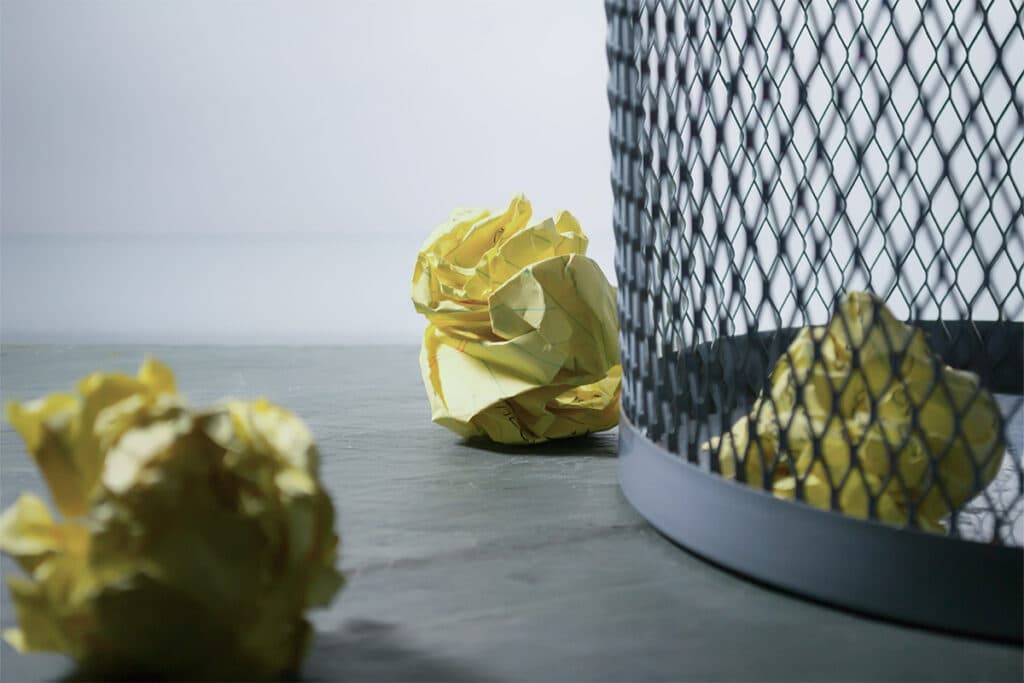
Everyone knows the pictures we see in the media again and again: turtles and other sea creatures, immobilised and tangled up in plastic bags, floating in the sea. Ocean dwellers washed up dead, their bellies full of plastic waste. Marine animals poisoned by excessive ingestion of microplastics. All this is now almost daily routine.
It is no longer a secret that microplastics also enter the human body through the food chain. At present, the question of whether microplastics cause damage or illness in the body cannot be answered conclusively, but the circumstance alone is alarming.
The fact is that much more needs to be done to reduce our plastic waste sustainably and significantly. On both a large and a small scale. Many retailers already started to charge a fee for plastic bags years ago. The compostable paper bag is increasingly used as an alternative, the good old shopping bag is experiencing a renaissance and is back in vogue. Fruit and vegetables in supermarkets are often no longer packaged, but find their way into customers‘ fridges individually in reusable bags, to name just a few examples.
At IMS, our consumption of plastic bags also prompted us to think and rethink a long time ago. In the past, all wastepaper bins in the offices were still lined with plastic bags for hygiene reasons, because no one likes to have annoying apple cores, sticky chewing gum and soggy tea bags in their wastepaper bin for long. Without rubbish bags, all this becomes an unpleasant matter for our cleaning staff at the latest. With an average of 350 employees at our site in Heiligenhaus, our consumption of rubbish bags in our wastepaper bins in the offices was around 88,000. A shocking amount that we could not let stand.
Today, our wastepaper bins under the desks are reserved exclusively for paper again and at most other dry waste, and do not need any rubbish bags at all. All of us at IMS now only use the waste bins in our tea kitchens for our residual waste, which we – admittedly – still use with bin liners. Theoretically, there is certainly still room for improvement, but another step towards more active environmental protection has been taken and in the end it is the sum of all actions that counts.
By the way, IMS has an integrated idea management system through which colleagues can submit their suggestions for improvement on the subject of more environmental protection, among other things. So here, too, we are in a constant process of improvement and the best ideas are not only gratefully implemented, but also awarded prizes.
